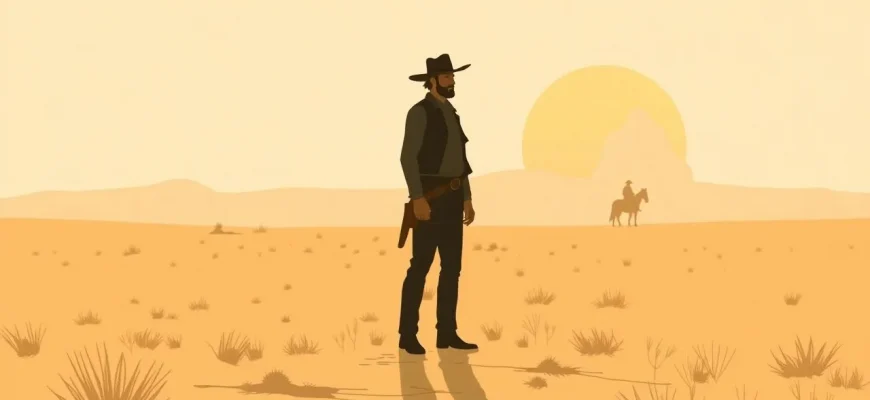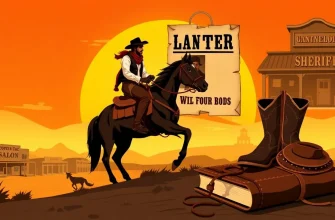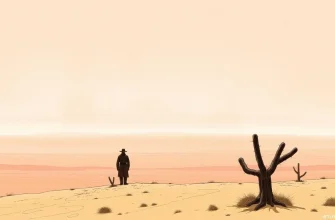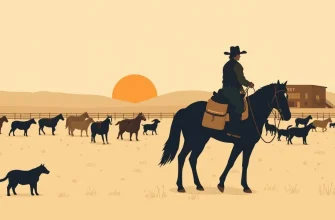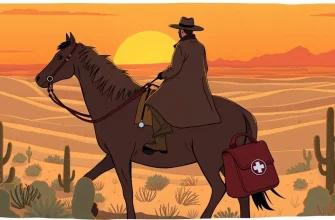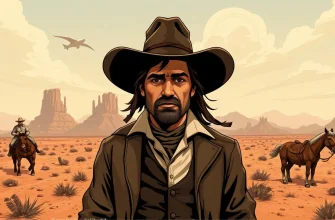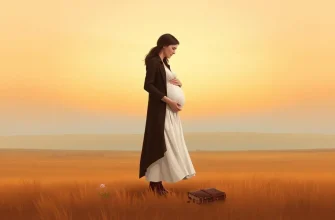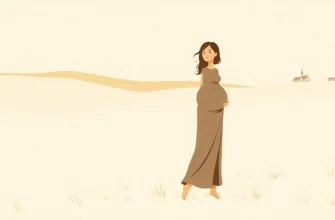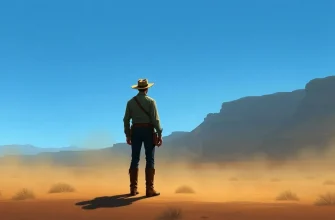The vast landscapes of the Wild West have always been a perfect backdrop for stories of self-discovery and personal growth. This curated collection of Western films not only entertains with their tales of adventure and survival but also invites viewers to reflect on their own journeys of identity, purpose, and transformation. Each film in this list offers a unique perspective on how characters navigate through life's trials to find themselves, making it a perfect watch for anyone looking to explore themes of introspection and self-realization.

High Noon (1952)
Description: Marshal Will Kane's decision to face his enemies alone becomes a test of his principles and a journey towards understanding his own courage and integrity.
Fact: The film was shot in real-time, with the entire story unfolding over the course of 85 minutes, mirroring the time on the town's clock.
 Watch Now
Watch Now 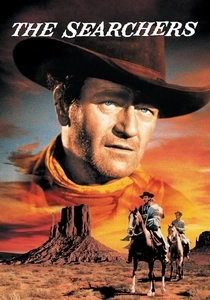
The Searchers (1956)
Description: Ethan Edwards' relentless search for his niece amidst the vast, unforgiving West becomes a journey of self-discovery, revealing his own prejudices and inner turmoil.
Fact: The film was shot in Monument Valley, a location that became synonymous with John Ford's Westerns. It was also one of the first films to explore the darker side of the Western hero archetype.
 Watch Now
Watch Now 
The Magnificent Seven (1960)
Description: Seven gunfighters come together to protect a village, each finding purpose and camaraderie, leading to personal growth and understanding.
Fact: The film is a Western remake of Akira Kurosawa's "Seven Samurai," adapting the story to fit the American West's ethos and landscape.
 Watch Now
Watch Now 
The Man Who Shot Liberty Valance (1962)
Description: The story of a man who becomes a legend for a deed he didn't commit, exploring themes of truth, myth, and personal identity.
Fact: This film is often cited for its famous line, "When the legend becomes fact, print the legend," which encapsulates the theme of myth-making in the West.
 Watch Now
Watch Now 
Jeremiah Johnson (1972)
Description: A mountain man's journey into the wilderness becomes a path to self-discovery, learning to live with nature and his own solitude.
Fact: The film was shot in Utah's Wasatch Mountains, providing a stunning backdrop that enhances the theme of isolation and self-reliance.
 Watch Now
Watch Now 
The Outlaw Josey Wales (1976)
Description: After losing his family, Josey Wales becomes an outlaw, but through his journey, he finds a new family and a new purpose, learning about forgiveness and redemption.
Fact: The film was directed by and starred Clint Eastwood, who also contributed to the screenplay. It was one of the first Westerns to portray Native Americans in a more sympathetic light.
 Watch Now
Watch Now 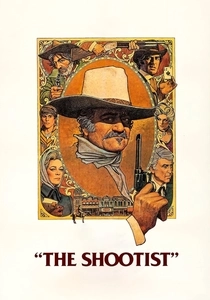
The Shootist (1976)
Description: John Wayne's final film role as an aging gunfighter facing his mortality, reflecting on his life and legacy, offering a poignant look at self-reflection.
Fact: This was John Wayne's last film, and he was battling cancer during its production, which added a layer of authenticity to his performance.
 Watch Now
Watch Now 
Unforgiven (1992)
Description: William Munny, an aging outlaw, takes one last job, confronting his past and his own morality, leading to a profound self-realization.
Fact: Clint Eastwood won his first Best Director Oscar for this film, and it was also the last Western to win Best Picture until "No Country for Old Men" in
 Watch Now
Watch Now 
True Grit (2010)
Description: Mattie Ross's quest for justice leads her to team up with a U.S. Marshal, teaching her about resilience, determination, and the complexities of human nature.
Fact: This film is a remake of the 1969 film of the same name, but it was praised for its more faithful adaptation of Charles Portis's novel.
 Watch Now
Watch Now 
The Ballad of Buster Scruggs (2018)
Description: An anthology film where each story explores different facets of the human condition, with characters confronting their own mortality and identity.
Fact: This film was directed by the Coen Brothers, known for their unique storytelling, and features a mix of humor, tragedy, and philosophical musings.
 30 Days Free
30 Days Free 
